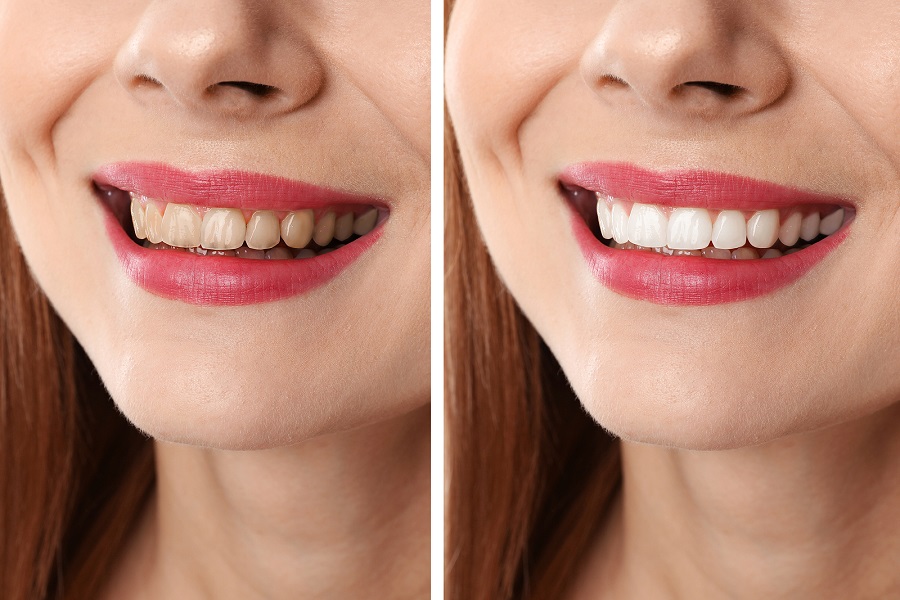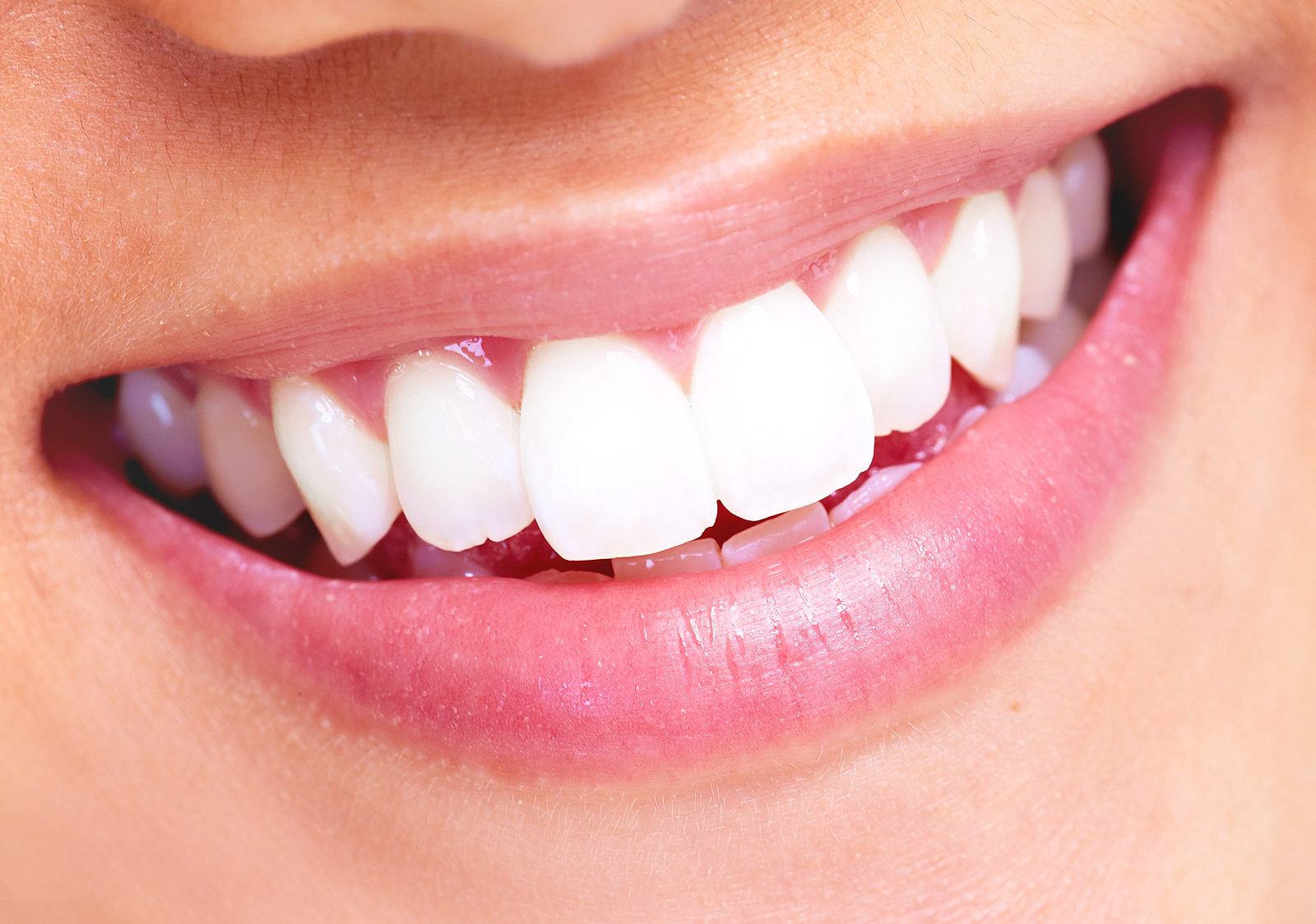Oral Hygiene: Best Practices & Instructions for Good Routine
Your teeth are incredibly strong and designed to last a lifetime, but not without proper care and attention. While daily brushing and flossing can help to maintain your oral health, professional cleanings and exams are necessary to make sure your teeth stay strong and healthy.
Oral hygiene
Oral hygiene includes all practices performed on a regular basis to keep one's mouth clean and free of illness and other disorders. It is essential to practice good oral hygiene in order to avoid dental diseases.
Benefits of practicing good oral hygiene
- Reduced risk of tooth decay and cavities
- Reduced risk of gum disease
- No bad breath
- Strong, healthy, and bright teeth
- Reduced risk of oral cancer
- Reduced risk of heart disease, lung disease, and diabetes.
Here are some tips to help you maintain good oral hygiene:
Regular brushing
Most people don’t realize that brushing their teeth every day is just as important as visiting the dentist once every six months. The bacteria that cause gum disease receive the energy that they need to thrive when you consume sugar. The more often you brush, the less time the bacteria have to feed on excess sugar and form plaque. In fact, daily brushing using fluoride toothpaste helps to prevent cavities, periodontal disease, and other oral health issues.
Flossing
Flossing your teeth at least once a day is recommended for good oral health. Flossing helps to remove plaque and bacteria from between your teeth and along the gumline. Plaque is a sticky film that continuously forms on your teeth and contains harmful bacteria that can cause tooth decay, gum disease, and bad breath.
Tongue scraping
After you eat, you may want to scrape your tongue to remove bacteria and freshen your breath. Using a tongue scraper once or twice a day is generally adequate to remove bacteria and freshen breath.
Regular dental visits
Brushing and flossing are an essential part of maintaining good oral hygiene. However, regular dental visits are also important.
Many oral health issues, such as gum disease, cavities, and oral cancer, don’t show symptoms in their earliest stages. Visiting your dentist for routine checkups allows your dentist to catch any oral health issues at their earliest stages, which is crucial for treating them effectively.
Using a mouthwash and fluoride
Using a mouthwash can help protect your teeth and gums from bacteria that can cause plaque. You should choose a mouthwash with the ADA Seal of Acceptance, which means it has been proven to be safe and effective. Using a mouthwash that contains fluoride can also help prevent cavities.
Quitting smoking
Tobacco use can cause teeth and gum discoloration. Cigarette smoking also causes bad breath and an increased rate of tooth decay and gum disease. So, it is important to quit smoking and take good care of your mouth.
To learn more, visit Biltmore Commons Dental Care. You can schedule an appointment with us by calling (602) 249-2227.






















0 comments